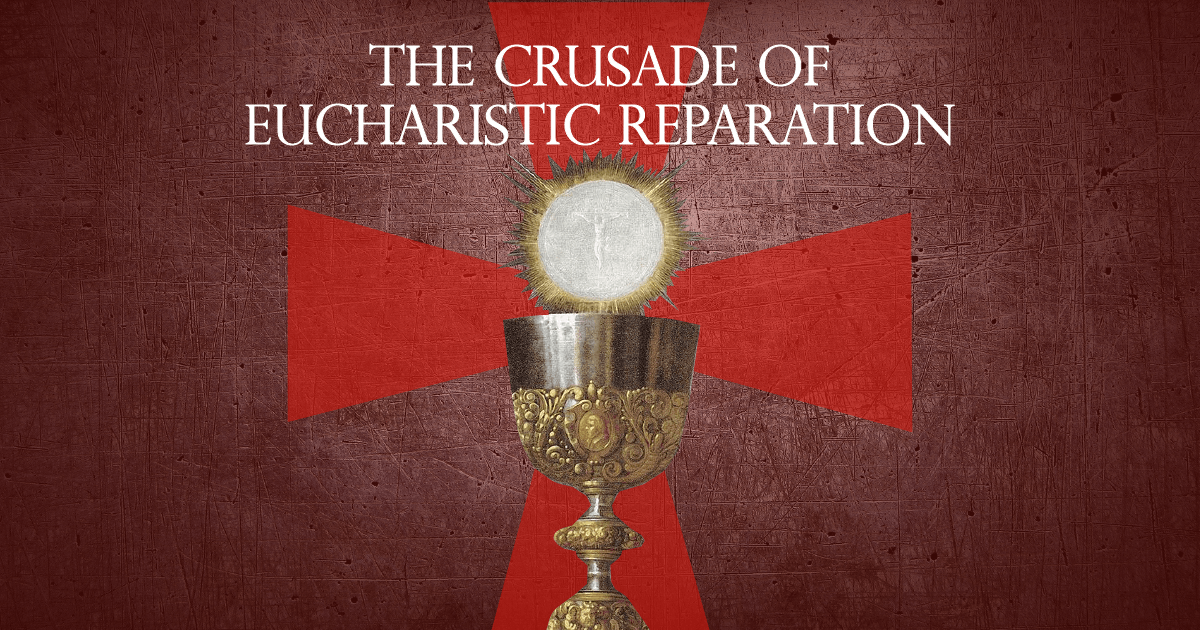Christians in Syria celebrate first Sunday Mass since fall of Assad
Christians have celebrated their Sunday services in Syria for the first time since the fall of the Bashar al-Assad regime. This return is seen by many as an early test of the assurances given by the new Islamist rulers that the rights of minorities will be protected. The end of the Ba’athist regime marks the The post Christians in Syria celebrate first Sunday Mass since fall of Assad appeared first on Catholic Herald.

Christians have celebrated their Sunday services in Syria for the first time since the fall of the Bashar al-Assad regime. This return is seen by many as an early test of the assurances given by the new Islamist rulers that the rights of minorities will be protected.
The end of the Ba’athist regime marks the beginning of a new relationship between religious minorities and government authorities. Despite the 1973 Constitution, implemented under Bashar al-Assad’s father, Hafez al-Assad, dictating that the president must be of the Islamic faith and that Islamic jurisprudence should be a principal source of legislation, it also states that “the freedom of faith shall be protected. The state respects all religions.”
This meant that Christians had enjoyed freedom of religion under Assad’s regime and were allowed to worship openly as well as run schools and charitable organisations.
Syria itself is a rich tapestry of religious observance, with Sunni Muslims, who make up 70 per cent of the population, joined by Christians, Jews, Druze, Ismailis, and Alawites.
The Assad family belongs to the Alawites, an offshoot of Shia Islam. Their beliefs and practices make them anathema to fundamentalist Sunni Islam. Many of their beliefs appear to have strong Christian influences, with an Alawite ceremony reminiscent of the Catholic Mass, using bread and wine to represent God, and a doctrine that holds God as triune.
Life under the transitional government of Syria for Christians is less clear, with the Sunni Islamist political and paramilitary organisation Hayʼat Tahrir al-Sham (HTS) currently in power.
With links to the founder of ISIS and himself being the founder of Jabhat al-Nusra, a militant group that had pledged allegiance to al-Qaeda, the leader of HTS, Abu Mohammad al-Jolani, is someone whom religious minorities are understandably wary of. Indeed, under HTS control in Idlib, Christian clergy are not allowed to wear clothing in public that would identify their office, and crosses have been removed from church buildings.
However, al-Jolani is keen to rebrand his public image and present his group as a more moderate Islamist organisation. In a recent interview with CNN, he stated: “No one has the right to erase another group. These sects have coexisted in this region for hundreds of years, and no one has the right to eliminate them.”
A reasonable prediction might be that under the new Islamist regime, society at large may enjoy greater personal freedoms, while religious minorities have theirs limited, though not to the extent that they did under ISIS.
For now, however, Christians have marked the first week under the new regime by attending services in their thousands across the country. In Damascus, the site of the conversion of the Apostle to the Gentiles and the greatest Christian writer to have lived, St Paul, Christians were able to worship under the new regime.
(ALEPPO, SYRIA – DECEMBER 15: People attend the first Sunday Mass in Aleppo since the rebel forces deposed the Assad regime, at Saint Matilda Catholic church on December 15, 2024 in Aleppo, Syria. Aleppo was the first major city to fall in last week’s lightning offensive by rebel forces as they toppled Syria’s Assad regime. (Photo by Burak Kara/Getty Images)
![]()
The post Christians in Syria celebrate first Sunday Mass since fall of Assad appeared first on Catholic Herald.














